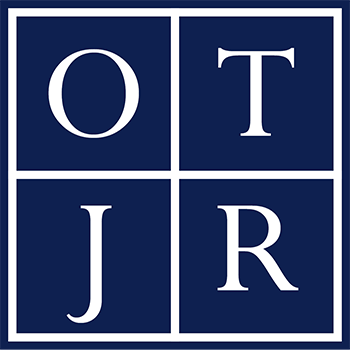Justice and Peace in Colombia
In 2005 the Colombian parliament passed the “Justice and Peace Law” aimed at demobilising the various paramilitary groups that have grown economically and politically powerful through the lucrative drugs trade and that are responsible for decades of violence. The implementation of the law and the subsequent process of paramilitary demobilisation, however, have been heavily criticised for their leniency on perpetrators of human rights violations, perpetuating impunity, failing to secure victims’ rights and reparations for past violations, and failing to learn the full truth from perpetrators. Yet, after decades of armed conflict, widespread human rights abuses, and a humanitarian crisis involving millions of internally displaced people, developments in recent years have raised hopes of a resolution of the long-standing conflict in Colombia.
This OTJR debate explores the extent to which the pursuit of peace and justice in Colombia may be inherently conflictual or whether efforts to address both could be reconciled within the broader context of processes of conflict resolution and democratisation in the country. In particular, OTJR welcomes contributions that address, for example, the various judicial processes aimed at ensuring accountability for past violations; President Uribe’s ‘democratic security’ policy and its implications for ongoing peace processes; the constantly shifting terrain upon which the struggle against the drugs trade and criminal violence takes place; Colombia’s dynamic civil society organisations’ struggle for accountability; and the role of external actors in these processes (e.g. Organisation of American States, United Nations, foreign aid agencies, and the potential role of the International Criminal Court).
Series Papers
1. The Colombian Transitional Justice Model: No Transition and No Justice
Wed, 11 Mar 2009 by Farid Samir Benavides Vanegas
International law significantly constrains the scope of amnesties that can be offered to perpetrators of human rights crimes and if the Colombian state proves to be unwilling or unable to bring justice for victims, then it is time for the ICC to intervene.
2. Understanding Colombia's False Positives
Fri, 17 Jul 2009 by Rachel Godfrey Wood
Although false positives are indeed a generalized phenomenon in the Colombian conflict, the level of state responsibility remains ambiguous.

